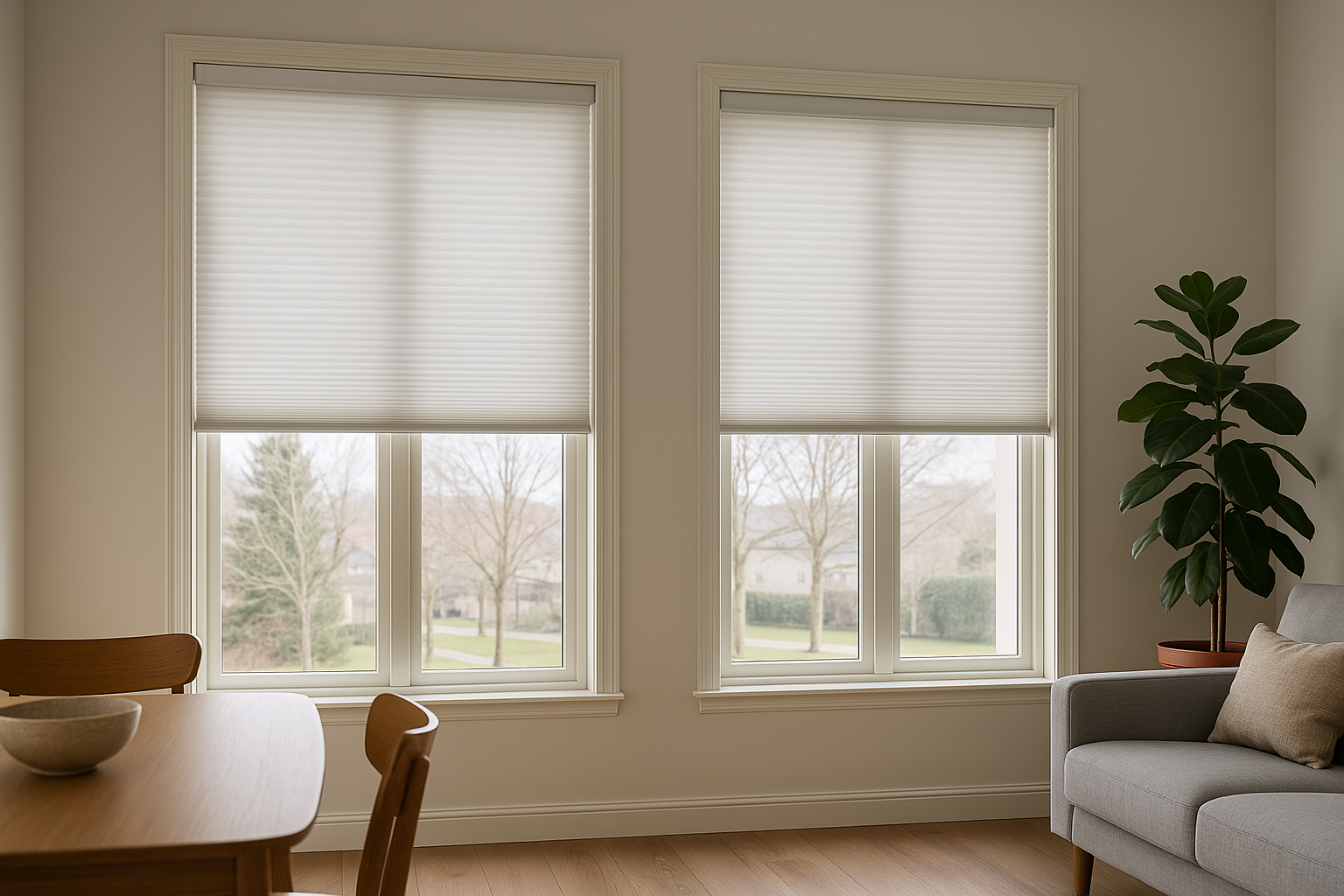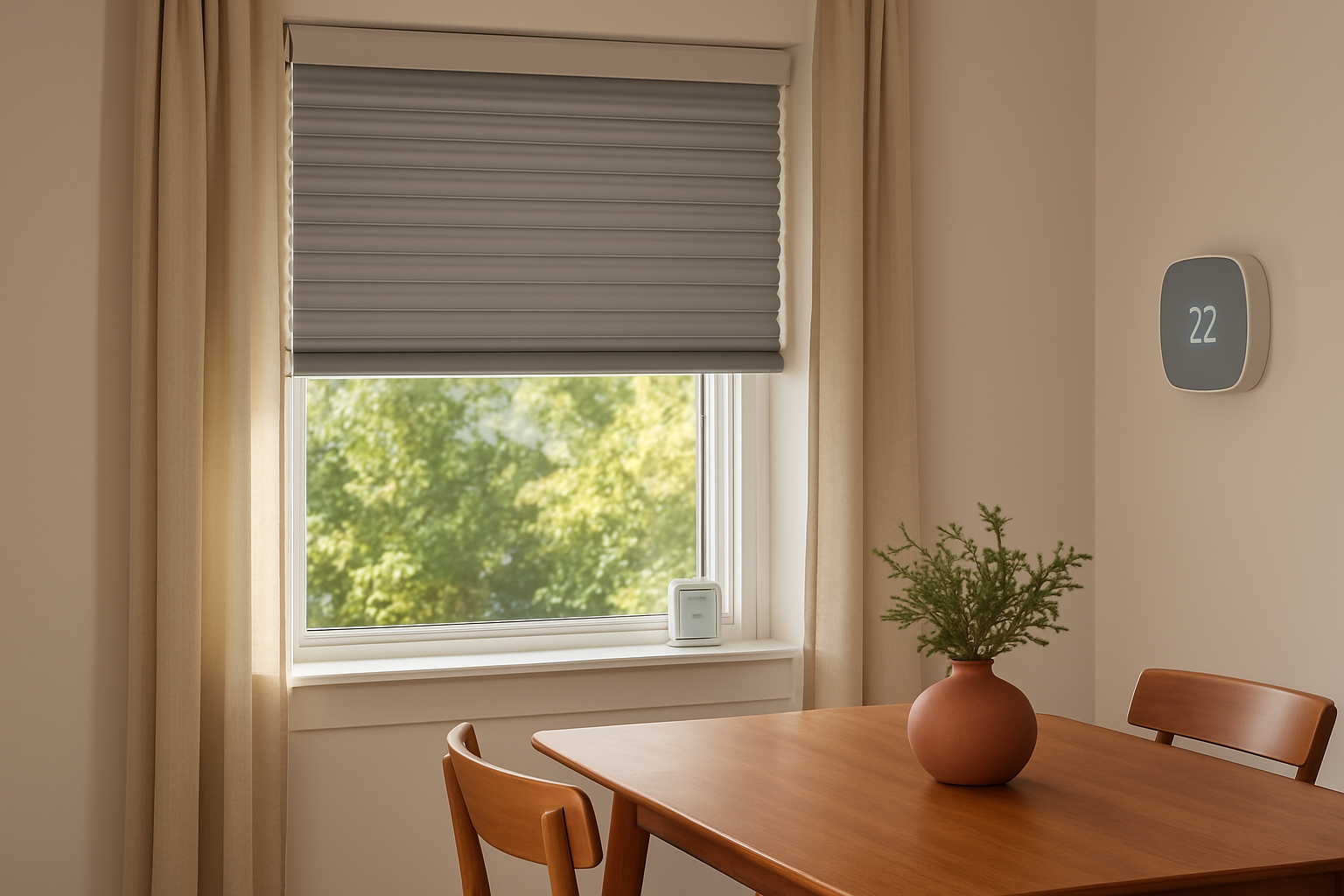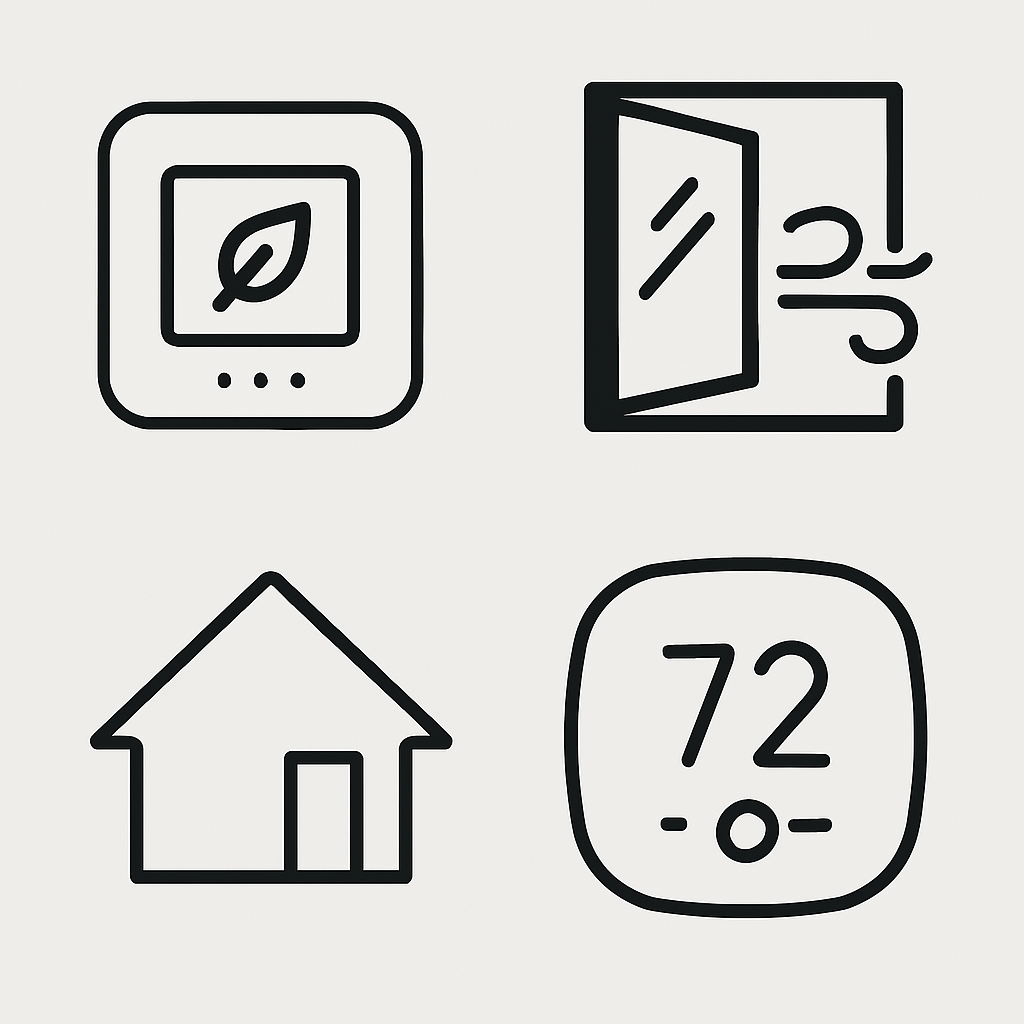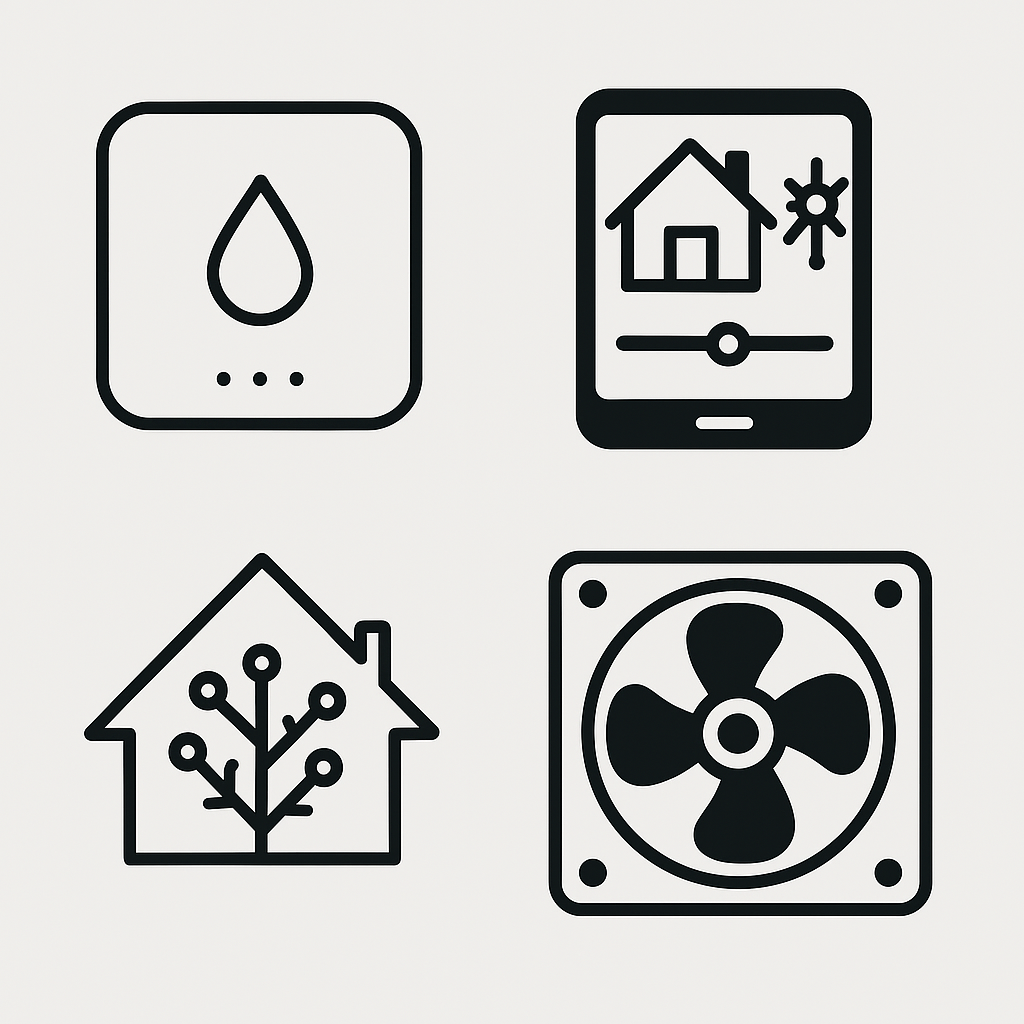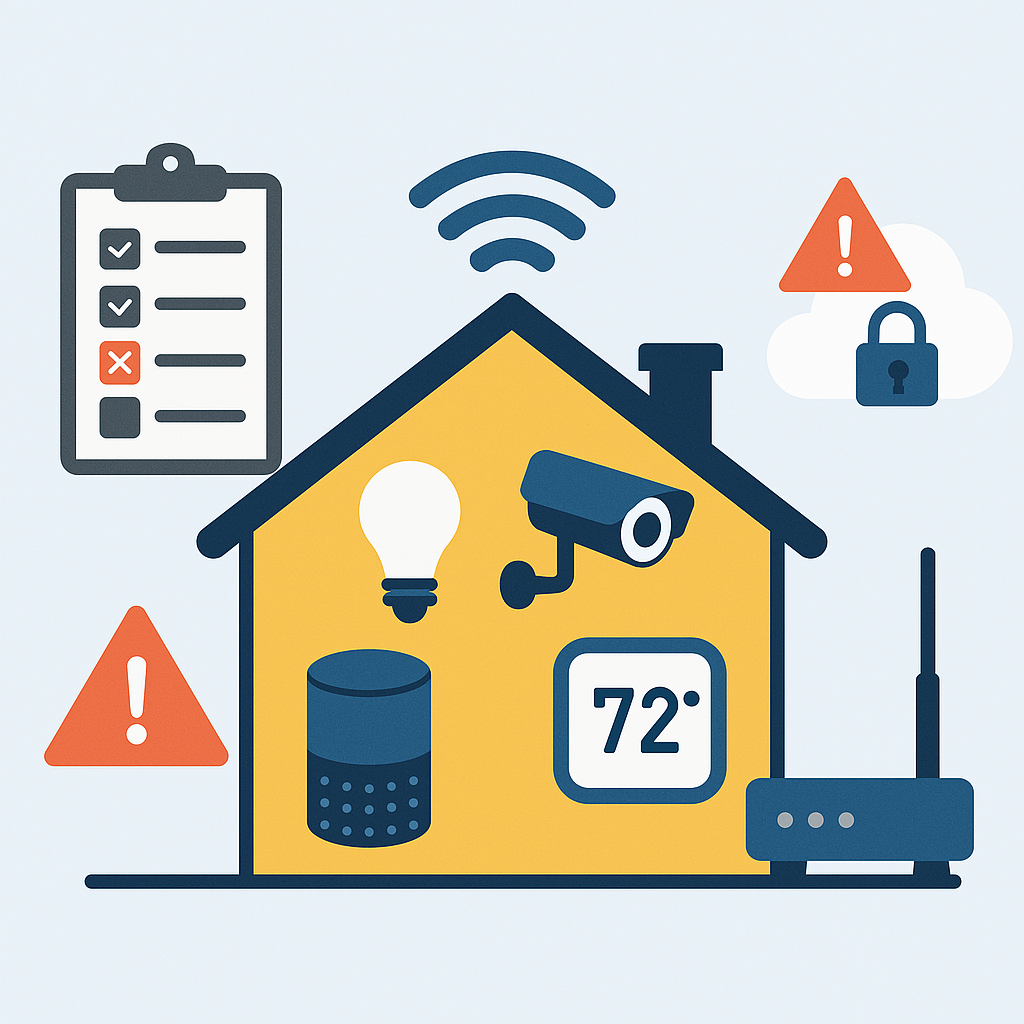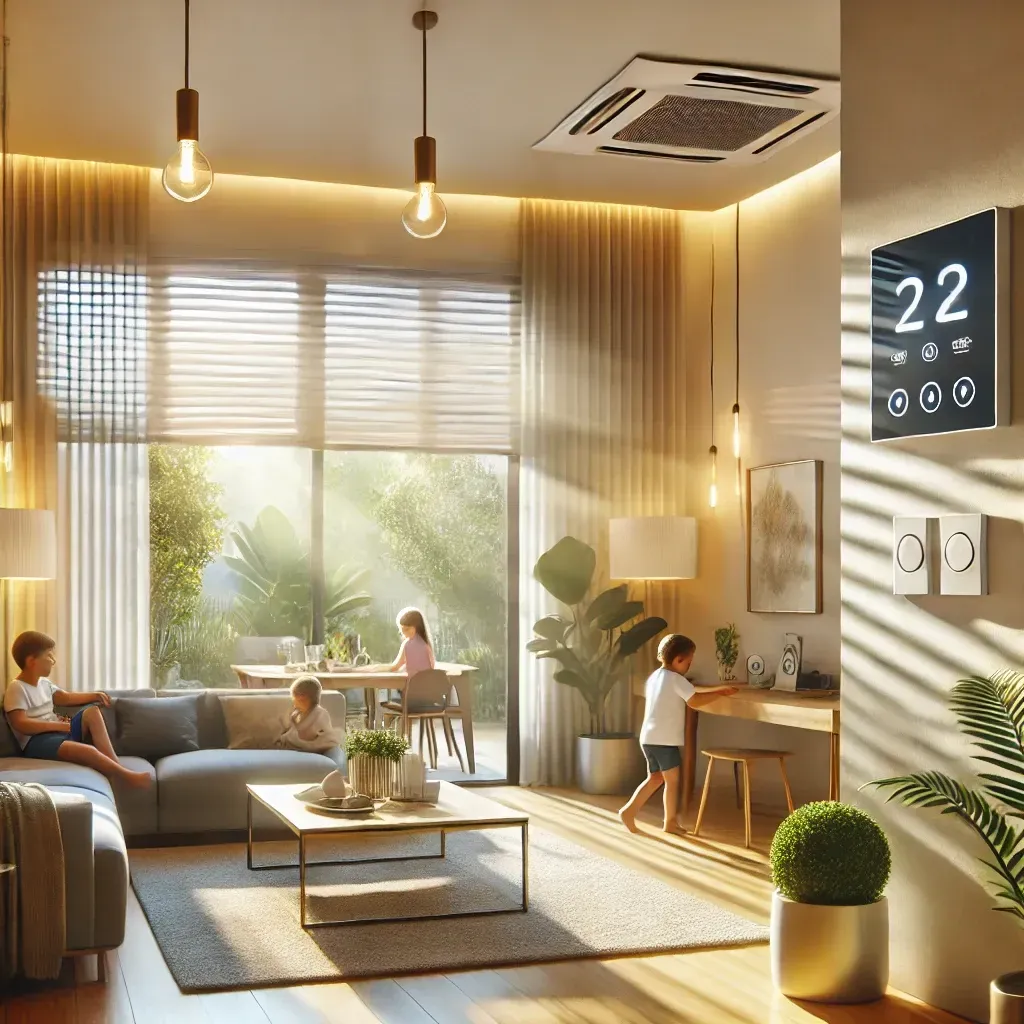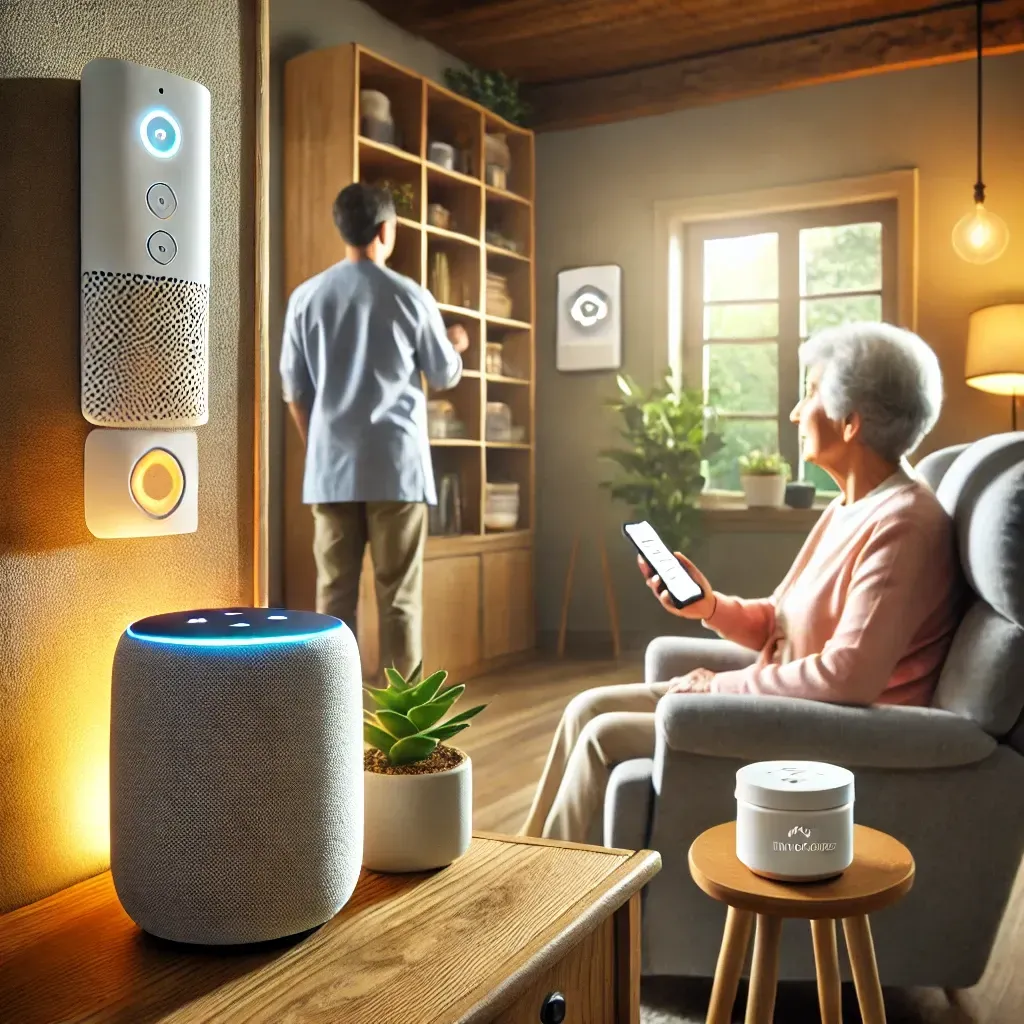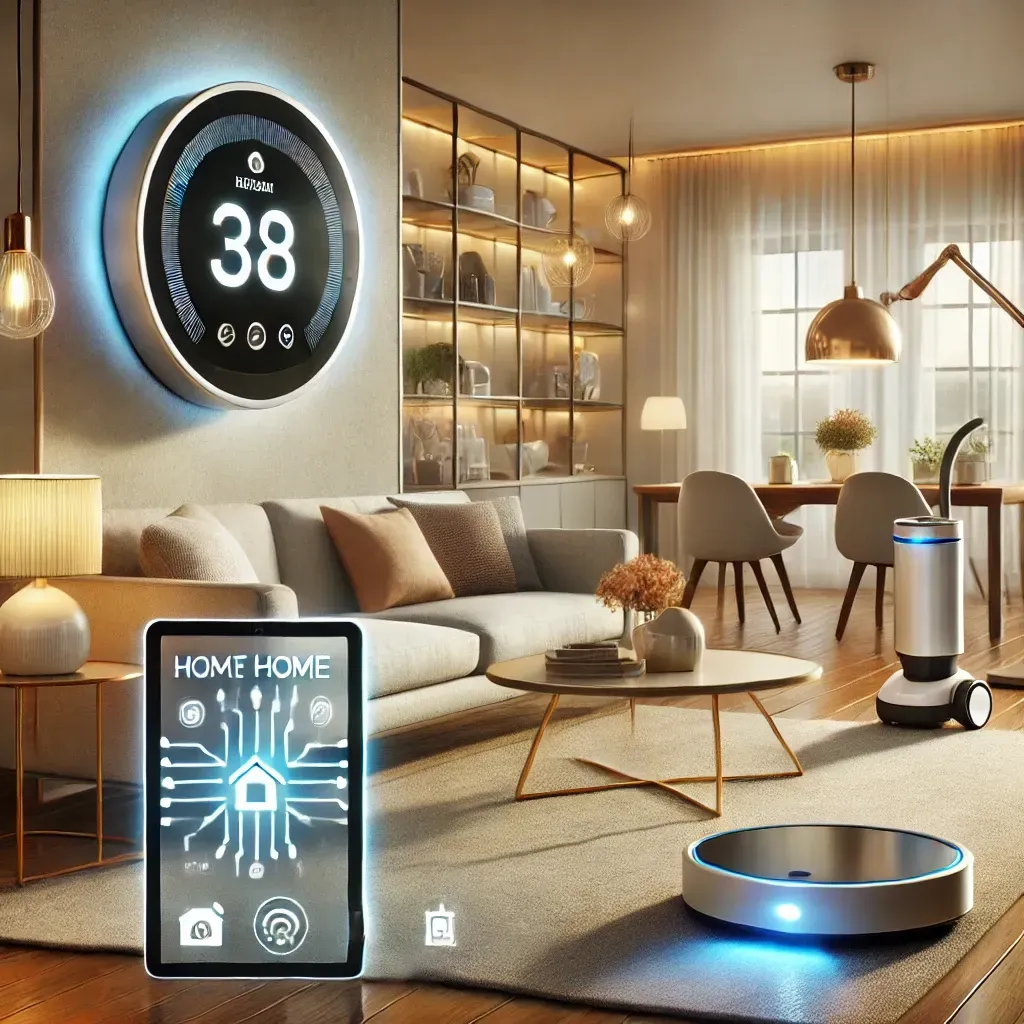Empowering Independence: Smart Home Tech for Seniors & People with Disabilities
Practical smart home solutions—voice controls, motorized blinds, adaptive lighting—to help loved ones stay safe and independent.
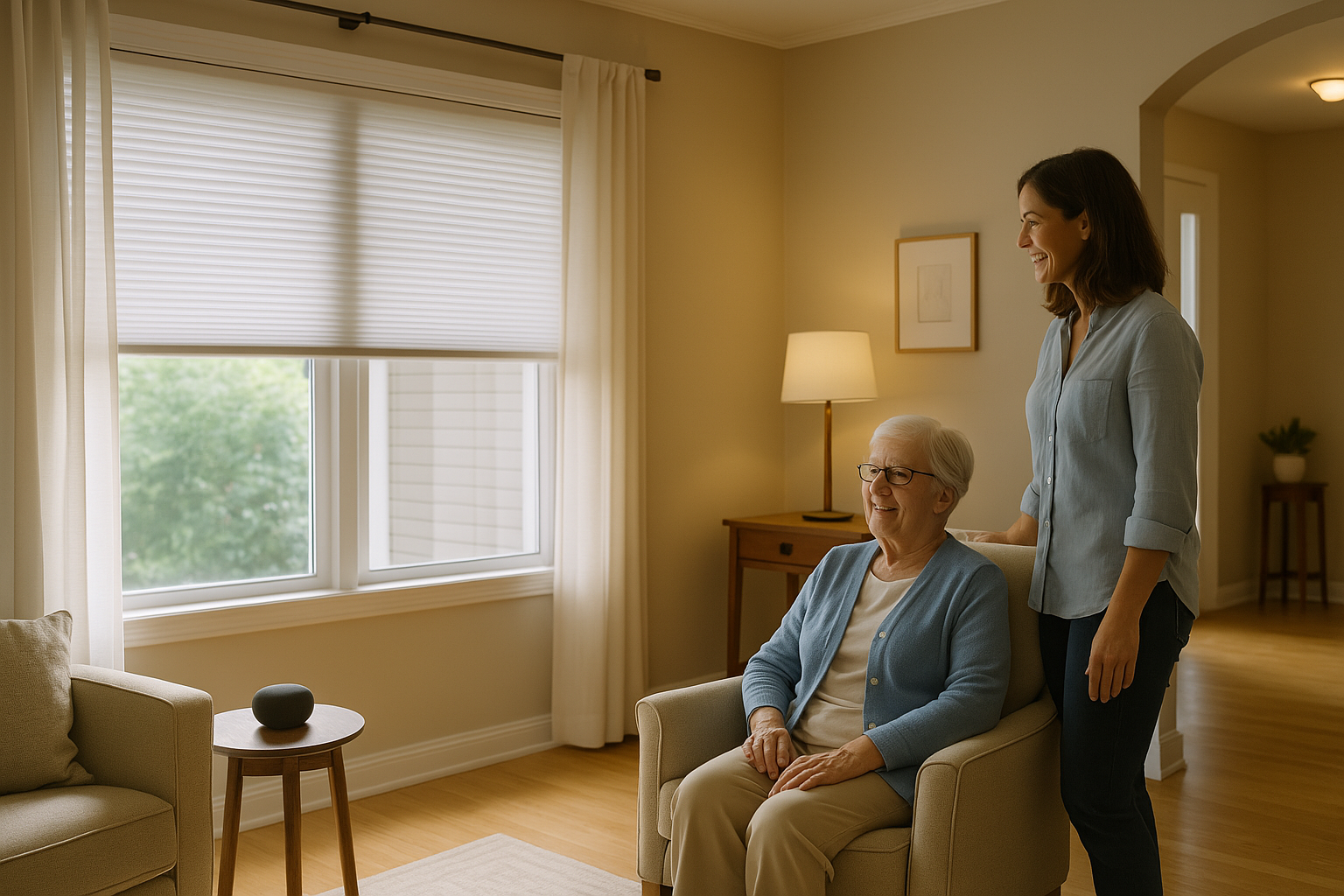
Creating a home environment that supports people of all abilities is not just about convenience—it can transform daily life. For seniors or those living with physical, sensory, or cognitive challenges, the right blend of smart technology can extend independence, alleviate caregiver stress, and enhance overall quality of life.
At Heritage Home Technologies, we believe no two individuals are the same. We don’t do one-size-fits-all. Instead, we carefully assess each person’s unique circumstances—whether it’s mobility issues, hearing or vision impairments, autism, Down syndrome, or health conditions like Type 1 diabetes—to design a system that truly meets their needs.
The Pillars of Accessible Smart Homes
- Voice-Activated Controls: Systems like Apple HomeKit and Home Assistant can be customized to function locally, limiting or removing the need for cloud services. However, we’ll occasionally recommend Amazon Alexa or Google Assistant if it aligns better with specific challenges. By using voice, an individual with limited limb use can turn lights on and off, adjust the thermostat, or lock doors—no hands needed.
- Motorized Blinds & Curtains: Automated blinds aren’t just a luxury. They reduce physical strain for seniors and those with limited mobility. With a simple button press or voice command, blinds can be raised and lowered according to personal comfort or daily light cycles. This also eliminates the need to reach over furniture or near windows—key for fall prevention.
- Adaptive Lighting & Sensor-Based Triggers: Well-placed motion sensors can activate soft lighting when someone gets out of bed in the middle of the night or enters a dark hallway. This reduces the risk of trips and falls, especially in unfamiliar or poorly lit areas. Adaptive lighting can also help individuals with visual impairments or sensitivities by adjusting color temperatures and brightness levels throughout the day.
- Medication Reminders & Behavioral Monitoring: Missing medication can lead to dangerous health complications. Smart reminders through Home Assistant or HomeKit can quietly nudge the individual at set times, or if medication has not been accessed. Meanwhile, caregiver alerts can be triggered if those reminders are consistently missed. Behavioral monitoring can also track unusual patterns, like extended periods in bed, which might indicate a health issue.
- Alerts & Monitoring for Caregivers: Caregivers often juggle multiple responsibilities. Smart systems can send real-time notifications for important events—like if a door opens unexpectedly, or if a bed sensor detects movement at odd times. This remote visibility is invaluable for loved ones who live apart, ensuring that everyone stays informed without intruding on daily routines.
Privacy & Security: Our Top Priority
Many individuals (and their caregivers) have valid concerns about data privacy. That’s why we prioritize Apple HomeKit and Home Assistant, both of which can operate without requiring full-time cloud connectivity. By default, your data stays local and encrypted, but we can enable cloud functions selectively if necessary. In some cases, we do use Alexa or Google Assistant, but only after discussing the privacy implications with everyone involved.
Balancing Budget & ROI
From a few hundred to a few thousand dollars, these setups are far more affordable than you might think. Compared to the cost of a nursing home or assisted living facility (which can run thousands of dollars per month), smart home solutions typically pay for themselves within one or two months. More importantly, they offer the priceless benefit of allowing individuals to stay in their own homes longer.
Setting Realistic Expectations
No technology is flawless. Systems can fail, software may need rebooting, and internet outages happen. We’re always transparent about this. Even so, smart home technologies have proven incredibly reliable and widely embraced by families seeking a middle ground between total independence and full-time care.
Independence for All
Some of our favorite success stories involve seniors using voice commands to call for help, or individuals with autism feeling more secure at home through consistent daily routines. By integrating everything—motorized blinds, voice controls, adaptive lighting, medication reminders, and caregiver alerts—we create a tailored ecosystem that nurtures freedom and safety.
Conclusion
Smart technology isn’t just about modern conveniences; it’s about enabling people of all abilities to live with greater autonomy and dignity. Whether it’s managing a chronic condition like Type 1 diabetes, preventing falls, or simply making everyday tasks easier, these tools empower both individuals and their caregivers.
If you’re looking to create a safe, comfortable environment for someone with unique needs, Heritage Home Technologies can help. We design solutions from the ground up, ensuring the individual and their loved ones understand and trust the technology. Let’s explore how we can make home truly feel like home—no matter what challenges you face.
